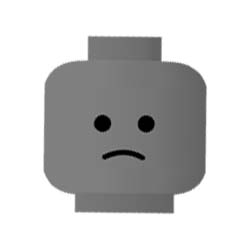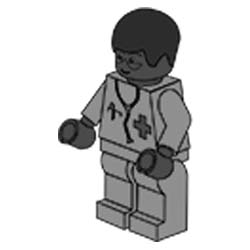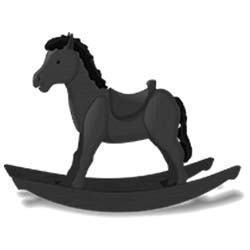Interactivity: entertainment
By the age of 7, an awareness of the benefits of memory strategies in learning arises. Children recognise the advantage of categorising rather than simply looking or naming. At this stage, children spontaneously use rehearsal to help short-term memory performance, and retrieval strategies begin to be used spontaneously without the guidance of others.
There is a strong two-way correlation between knowledge and memory. The more a child knows, the more background knowledge they have to call on in order to make sense of, and categorise, future information they encounter. Hence, they are better placed to store memories effectively and also more able to retrieve appropriate pieces of information at the appropriate times.
By school age, the typical child shows skill in recalling details of past experiences and in organising those details into a coherent narrative. Memories formed at this age and beyond are more likely to stand the test of time over the years, and be recalled in adulthood, but the particular information a child of a particular age is likely to retain is unpredictable. It depends on the nature of the memory event and individual differences in the child, such as gender, parental style of communication and language ability.
Memory game. Press the Start Game button below and study the objects that are hidden under the cloth for 20 seconds. Try to remember as many objects as possible.
Select the 9 objects below that were included in the picture. Try to avoid the three that weren't included!



Correct
Incorrect. Have another go.
Correct. You have identified all 9 objects correctly. Well done.











